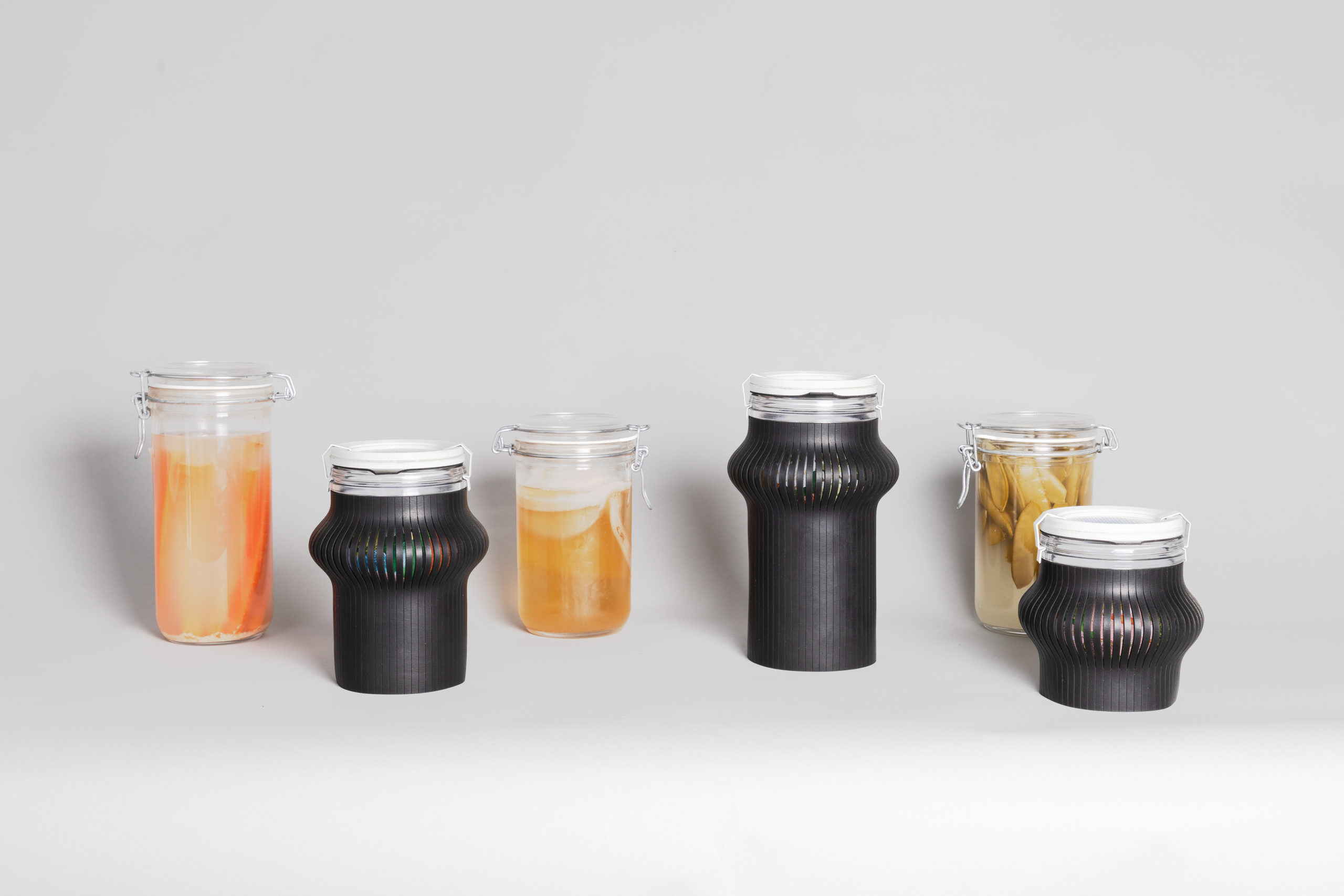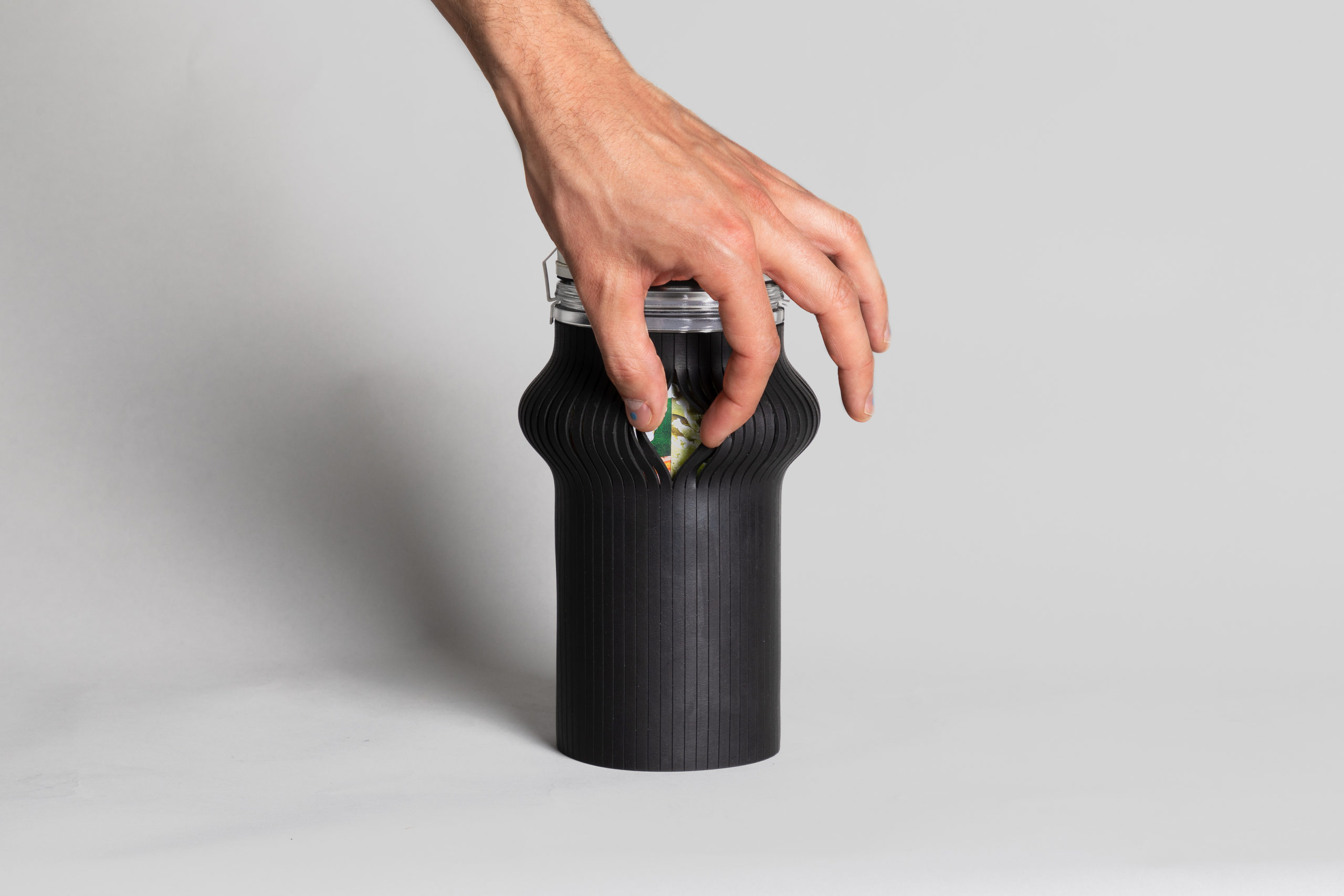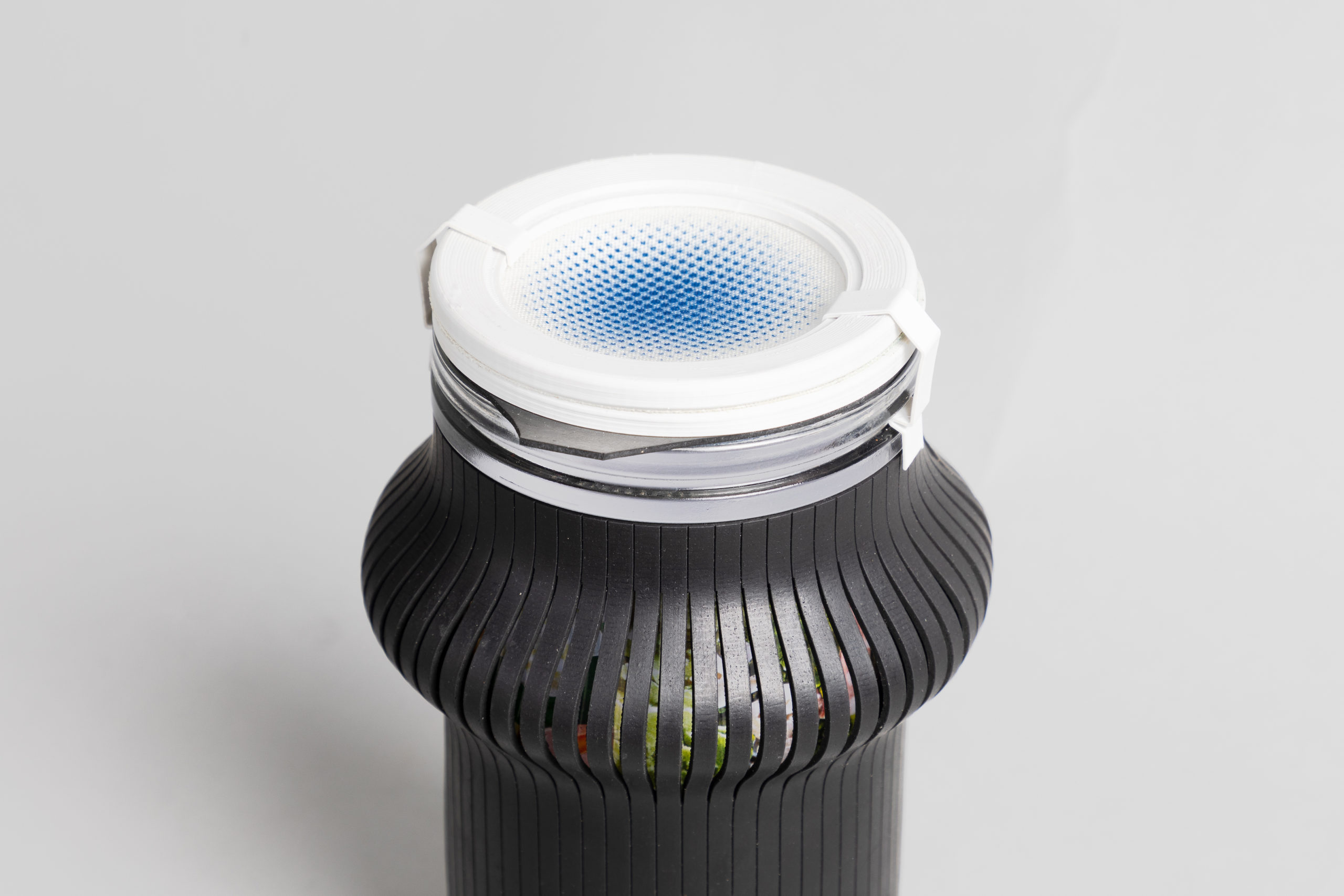Neither raw nor cooked

Useful information
- Team members
- REMY Gilles
- Country
- Belgium
- Keywords
- future of food fermentation hack optimisation low-tech accessibility natural processes
Short Description
What if the food of the future was rotten?
Detailed Description
In recent years there has been a renewed interest in fermentation.
Neither raw nor cooked, could fermented food be a possible alternative to our industrial diet ?
The health benefits, the preservative properties and the the low energy consumption it requires compared to current food processing techniques, are all aspects that generate interest among individuals as they seem to address many of the problems associated with the current food system. But what if, beyond this trend there was a potential alternative to our current food paradigm?
And though the benefits of fermentation are no longer to be proven, how can we encourage its wider use?
By transforming and optimising existing objects, this project attempts to engage a conversation by developing new typology of objects to respond to new typology of food; objects that celebrate the invisible processes of fermentation and highlight the beauty of natural transformation methods.
What if the food of the future was rotten?
Project Details
- Does your design take social and cultural challenges and human wellbeing into consideration?
Our future and the future of our food concerns us all. At the present time, food is already extremely polarised between famine and waste, and this gap is likely to continue to widen. It raises strong environmental issues that point to a systemic problem of production, distribution and consumption. Our food system is at the end of its tether and, faced with this food crisis, there is an urgent need to develop responses, new types of objects for new types of food.
Since the dawn of time, eating together has meant sharing together. Eating nourishes our bodies but also our minds, food at the table is a tool for communication, education and exchange, it is a laboratory for learning, wonder and discovery. Food brings people together, it is linked to our history, our culture, our traditions and it is the epicentre of economic and social dynamics regardless of status, socio-economic level, gender or ethnicity. Enjoying food and nourishing the body is shared by all humans. Do you taste what I taste? Do you smell what I smell? To feel together is to connect and create collective knowledge and shared experience to act together. For I am convinced that the natural step after collective perception is to act for the earth collectively.
- Does your design support sustainable production, embodying circular or regenerative design practices?
I've wondered for a while on how I could have the widest impact with this project.
At first, I wanted to question the object of the dining table. Transforming this space for exchange, sharing and discussion into a more organic object that survives natural transformations. I also questioned the space of the kitchen, asking myself what a domestic kitchen space that is neither raw nor cooked would be composed of.
But in the end I realised that the strongest impact I could have was by grafting myself onto those objects that already exist and that are used to ferment. In a context of overproduction, developing accessories to optimise the practice of fermentation is a solution that allows me to graft myself onto a well known culinary vocabulary, avoiding the production of new objects and inviting creativity.
- Does your design use principles of distribution and open source?
This project was though in a future speculative context and was thought to be produced through artisanal or semi-industrial processes (laser-cut, 3D printing, new materials,...). My desire behind this project is to initiate a discussion on the perspectives of the food of the future and to offer the possibility for the project to evolve through the vision of each of those who take it on.
- Does your design promote awareness of responsible design and consumption?
This project undeniably raises questions about our current ways of consuming food. It is both a critique of industrial food, which has become a standard of consumption, and an ode to the natural transformation processes. For while imagining a future where food is rotten may make you smile. This paradigm shift challenges many of the issues related to our food such as the importance of maintaining microbial biodiversity, the importance of using respectful and bacteria-friendly materials, consuming organic and local food.
Images


